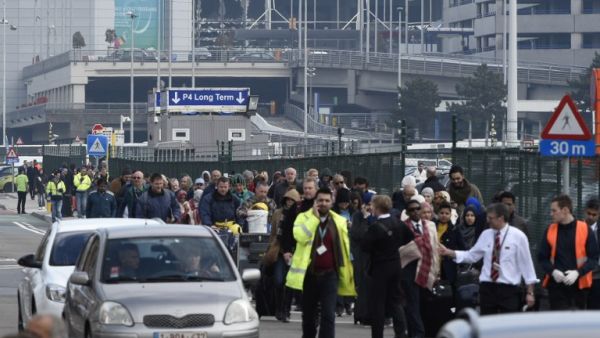Daesh is planning fresh attacks in Europe in the near future, European law enforcement agency Europol warned in a report published in The Hague on Friday.
Defeats in Iraq and Syria - and a subsequent increase in the number of fighters returning to Europe - heightened the risk of attacks in Western Europe, according to the report from Europol's Counter-Terrorism Centre.
It said estimates from intelligence services suggested there could already be dozens of potential Daesh fighters in Europe.
"We have to be vigilant," said Gilles de Kerchove, counterterrorism coordinator for the European Union. "The threat posed by the so-called Islamic State (Daesh) and returning foreign fighters is likely to persist in the coming years."
The terror group is believed to be developing new tactics for attacks in the West. Experts believe France is the mostly likely target. However Belgium, the Netherlands, Britain and Germany are also at risk.
Attacks could be carried out by networked groups or lone attackers using explosives, automatic weapons, knives, axes, machetes or cars.
Terrorism experts also believed the likelihood of car bomb attacks was high.
Refugees from Syria were at risk of being recruited and radicalized, and it was probable that Daesh fighters would infiltrate refugee homes, the report said.
The terror group also had an interest in exploiting the current European refugee crisis by polarizing citizens and turning them against refugees, it added.
Europol director Rob Wainwright stressed interagency and international cooperation to meet the challenges posed by Daesh and other militant groups.
He pointed to a rise in the number of arrests and plots foiled as a sign that "increased cooperation and exchange of data between all relevant services across Europe is a successful means to mitigate the threat posed by IS (Daesh)."








